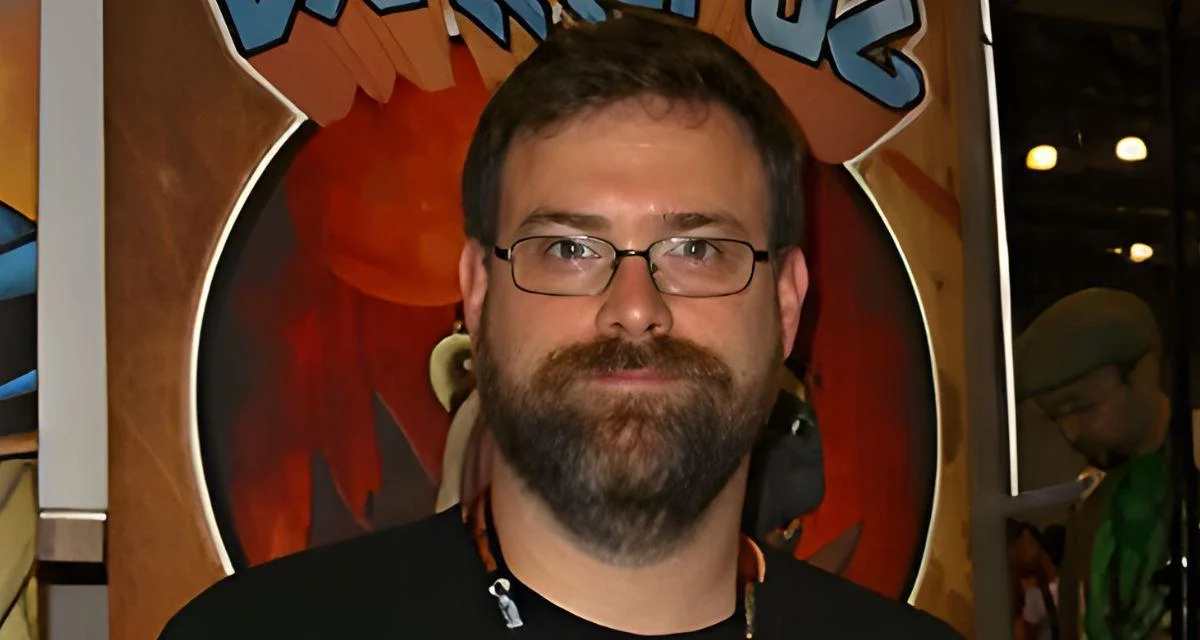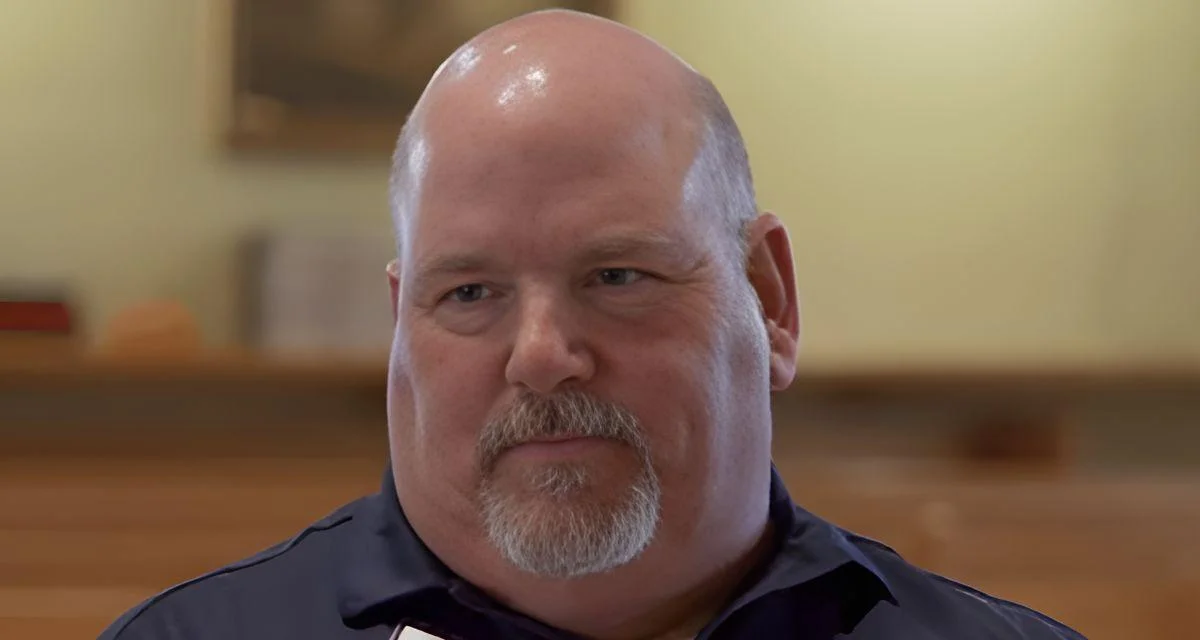In the current political climate, citizens are increasingly challenged to find reliable information necessary for making informed decisions about issues and candidates. Accurate information is crucial to support the right to vote and ensure that choices reflect personal values and commitments. This depends on hearing truth from political figures and understanding the consequences of their actions.
Historically, truth in politics has been inconsistent. The use of exaggerated facts, unchecked claims, half-truths, and unfulfilled promises has become common practice among politicians seeking power. Over time, these behaviors have led to an "economy of truth," where fact checkers and dedicated websites attempt to address the widespread presence of misinformation during each election cycle.
The rise of disinformation—deliberate falsehoods intended to mislead—has further complicated public discourse. Misinformation, which is inaccurate information shared unintentionally, also contributes to confusion. Regardless of terminology, both forms erode trust by deceiving the public.
Technological advances such as AI-generated videos and reports of foreign interference in previous U.S. elections have made discerning truth even more difficult. Social media platforms now host a vast amount of content that is not always accurate. These challenges are compounded by ongoing disinformation from high-level officials, including the president of the United States. While fact-checking organizations continue their efforts to clarify facts for the public, persistent falsehoods blur the distinction between truth and fiction.
Journalist Heidi Taksdal Skjeseth commented on this issue in 2017: “Lies coming from the powerful is nothing new. It is a well-known tactic of authoritarian and populist politicians across the world. All politicians lie sometimes, both on the left and on the right, both establishment politicians and fringe candidates. Bending the truth for political gain is as old as politics itself. Yet the proliferation of lies, the spread of fake news and the so-called post-truth era of today pose serious challenges for journalists and the media industry.”
During his first term in office, according to The Washington Post’s tally, the president made over 30,000 false or misleading statements. Supporters often dismissed these statements as jokes or downplayed them as not serious remarks or anti-establishment tactics. However, repeated exposure contributed to greater acceptance and normalization of dishonesty from prominent leaders.
Since taking office for a second term 230 days ago, similar patterns have continued: manipulation of facts through memes and unsupported claims about both domestic opponents and foreign leaders have persisted.
Fact-checking remains a vital component in supporting democracy but faces limitations in accessibility; not all citizens can easily access verified information online or through other means. Bill Adair, founder of PolitiFact, stated: “We need to be creative in getting [fact-checking] to more people, in using it as data so that we can suppress misinformation.” He emphasized that fact-checking should extend beyond presidential elections to include senators, members of Congress, governors—indeed all politicians—as lying crosses party lines.
Honesty is a value highlighted by major faith traditions such as Christianity. At a time when religious institutions are scrutinized while some politicians seek alliances with faith communities for support, faith leaders are urged to reject dishonesty as a political strategy and advocate for truthfulness within democratic processes.
 Alerts Sign-up
Alerts Sign-up





